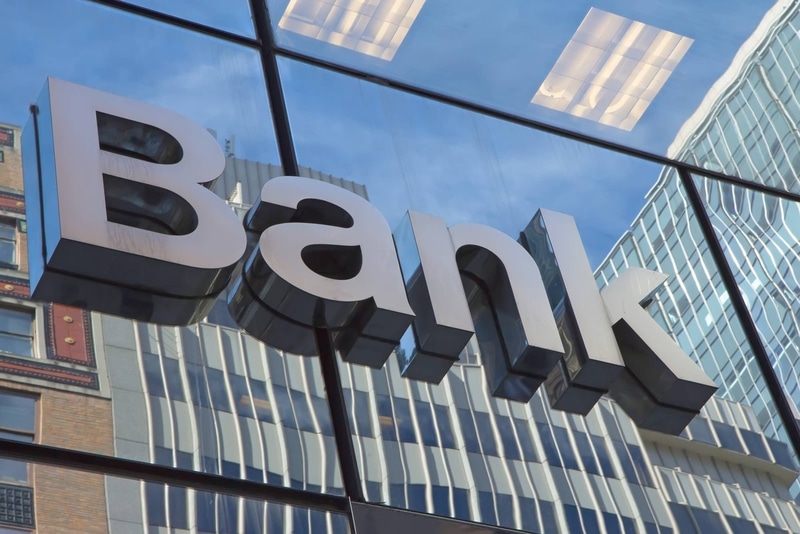Frequently Asked Questions About How to Open a Bank Account
What is the difference between a savings and a chequing account?
While both accounts are very similar, a savings account is specially designed to help you save money for your future. There is usually a higher interest rate on a savings account meaning that the money you invest there will grow faster. While you can still access this money to make purchases and pay bills, there are usually higher fees associated with these transactions. This is where a chequing account comes in handy. A chequing account usually has a very low rate of interest (if any) however the transaction fees are usually low as well. This is the perfect account to use for making paycheque deposits, paying monthly expenses and withdrawing cash.
Can I open an account if I am not a Canadian citizen?
Opening a bank account in Canada, if you are not a Canadian citizen is a possibility if you can provide all of the necessary documentation. Most banks will require multiple sources of identification, however each financial institution may have their own specifications. It is recommended that you contact your chosen bank beforehand and speak to a representative to ensure you will be able to provide all of the information that they will need.
Why does the bank need my Social Insurance Number?
A bank will require your Social Insurance Number (SIN) if you are opening any type of bank account that will earn interest. This is required by the Income Tax Act as any interest earned must be reported, by law, to the Canadian government.
Can I be refused a bank account?
If a financial institution has reason to believe that you plan on using your bank account for illegal purposes, if you cannot provide all of the required identification, if you have a history of fraudulent transactions or if they have reason to believe that you may harass or cause harm to the institution, its patrons or its staff members, they have the right to deny you an account.

